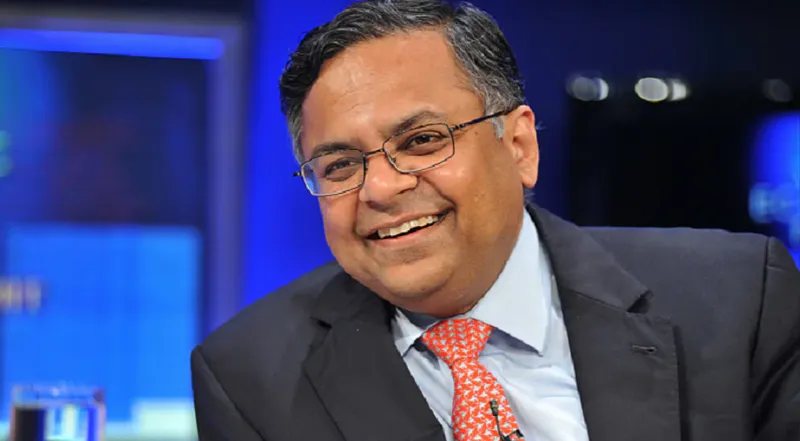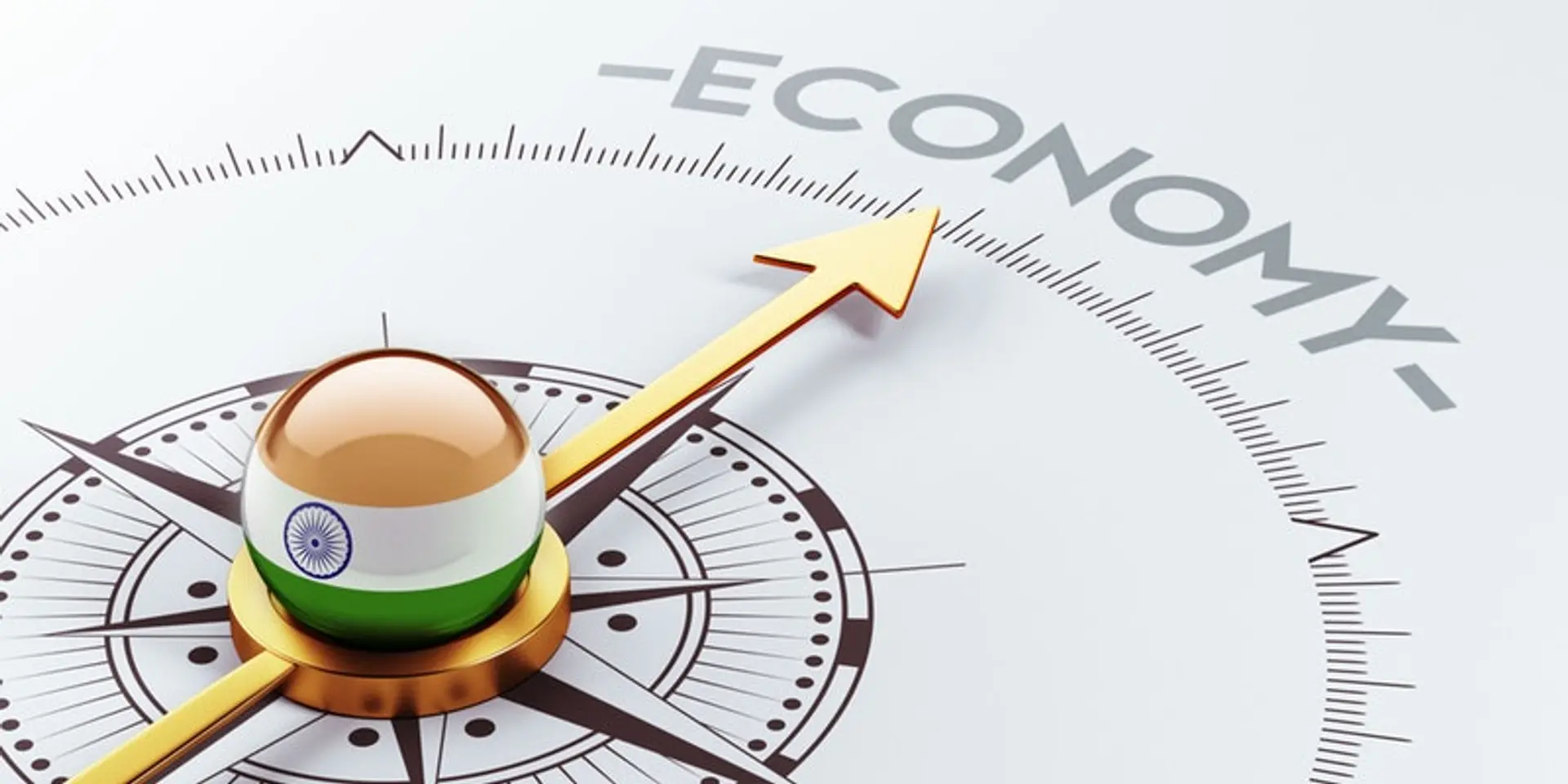Reform to propel fundamentals of India's performance in coming decades: N Chandrasekaran
Tata Sons Chairman, Chandrasekaran, noted that the government had undertaken several reforms before and after the pandemic, thus setting a strong foundation for a renewed vision for India in 2047.
Reform will be a key pillar to propel the fundamentals of India's performance in the coming decades, which present a major growth opportunity for the country, said Tata Sons Chairman N Chandrasekaran.
While the country can look forward to becoming a $25-30 trillion economy in its 100th year of independence, it is also crucial to spread the gains of the future to everyone, including informal workers, agricultural labourers and women, he said, addressing the annual convention of the industry body FICCI (Federation of Indian Chambers of Commerce and Industry) in New Delhi.
Chandrasekaran noted that the government had undertaken several reforms before and after the pandemic, thus setting a strong foundation for a renewed vision for India in 2047.
Pre-pandemic, the government had introduced GST, the Insolvency and Bankruptcy Code, an inflation targeting framework, and a reduction in the corporate tax rate, and addressed the banking sector balance sheets, he said.

N Chandrasekaran, Chairman, Tata Sons; Image credit: World Economic Forum
Since the pandemic, the pace of structural reforms has picked up, said Chandrasekaran. He highlighted measures such as labour reforms, PM Gati Shakti, national asset monetisation plan, production link incentive scheme to boost domestic manufacturing, higher investment limits for small businesses, power sector reforms, and aggressive disinvestment targets.
"The scope and scale of economic reform has been really fast paced, and this will drive productivity improvements and continued growth and capital accumulation. Reform is going to be a key pillar that will propel the fundamentals of India's growth performance in the coming decades," he asserted.
In the past few years, Chandrasekaran said, India has made significant progress in the social sector, particularly in extending the reach and access of basic services. He cited the examples of electrification, bank accounts, healthcare insurance, sanitation, and connectivity.
"Hundreds of millions of people have been lifted out of poverty, while health outcomes have also improved significantly," he said, adding that the country had also implemented one of the most successful COVID-19 vaccination programmes in the world.
However, as we celebrate our 100th year of Independence, "we will need to be deliberate in ensuring that the fruits of our long-term growth potential reach every citizen."
The big question is, he said, "How do we spread the gains of the future to everyone, informal workers, agricultural labourers, and women who want to participate in our workforce?"
Chandrasekaran called India "the fastest growing major economy, a real bright spot" in an otherwise gloomy global economy. "It will likely remain the world's fastest major economy for the third consecutive year in 2023, and hopefully for seven years to come," he said.
Chandrasekaran also stressed the need to improve healthcare and tourism, embrace opportunities in digitalisation, propel renewable energy, reduce pollution, and push for clean technologies such as solar energy and electric vehicles for the country to be a global leader in the future.
Edited by Swetha Kannan







